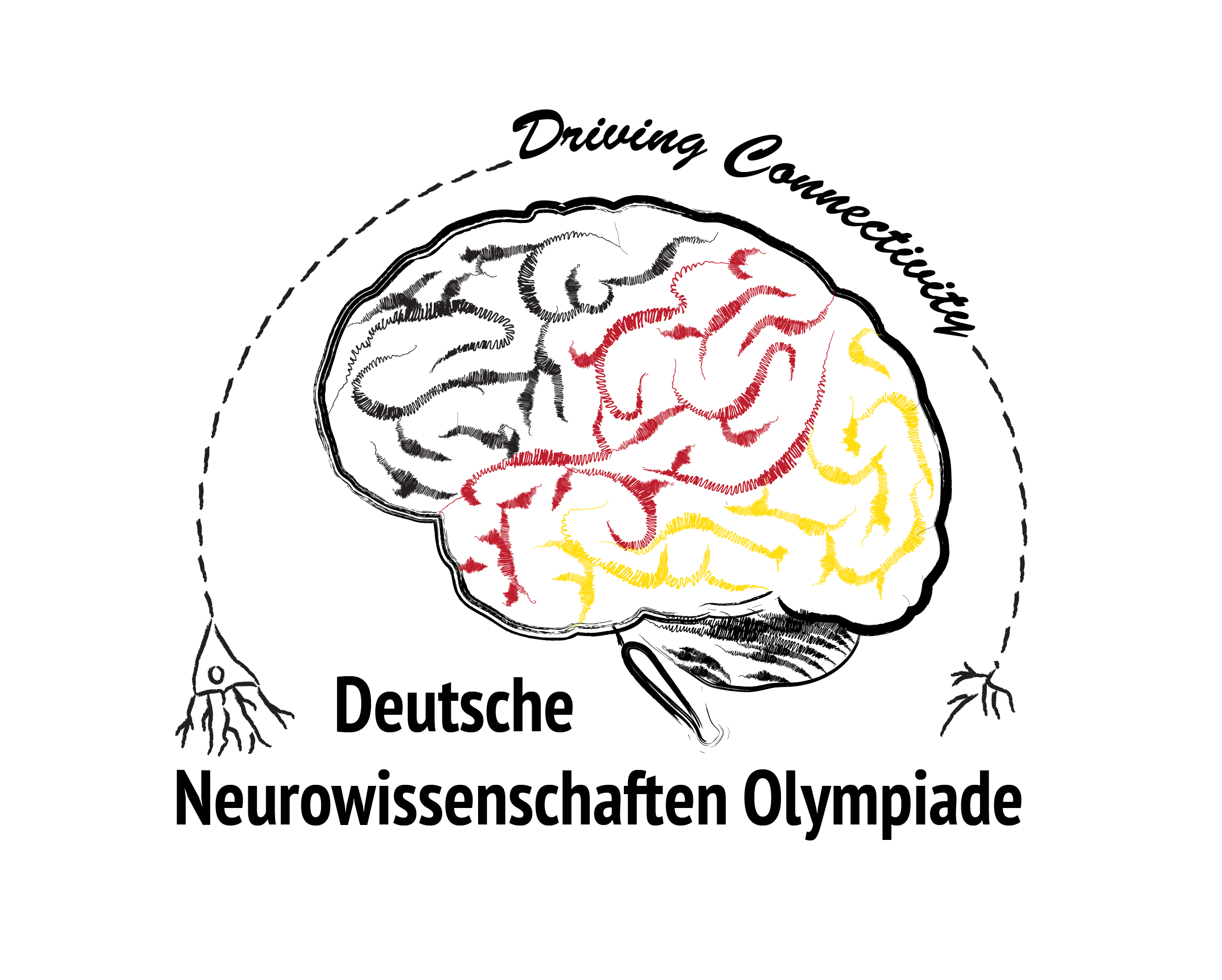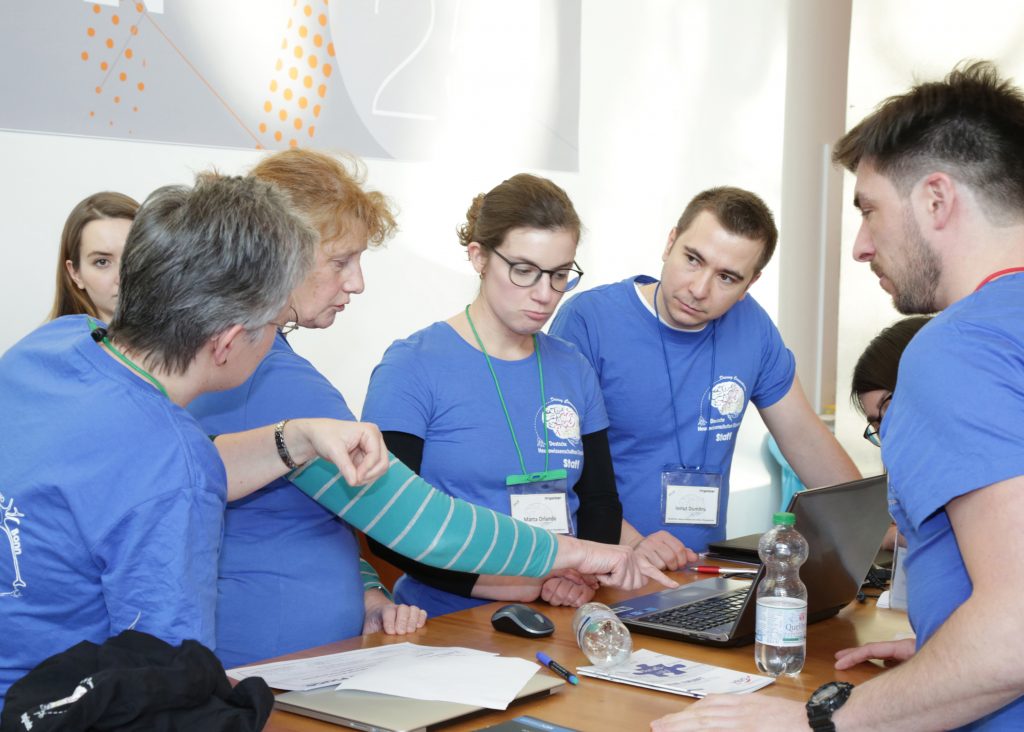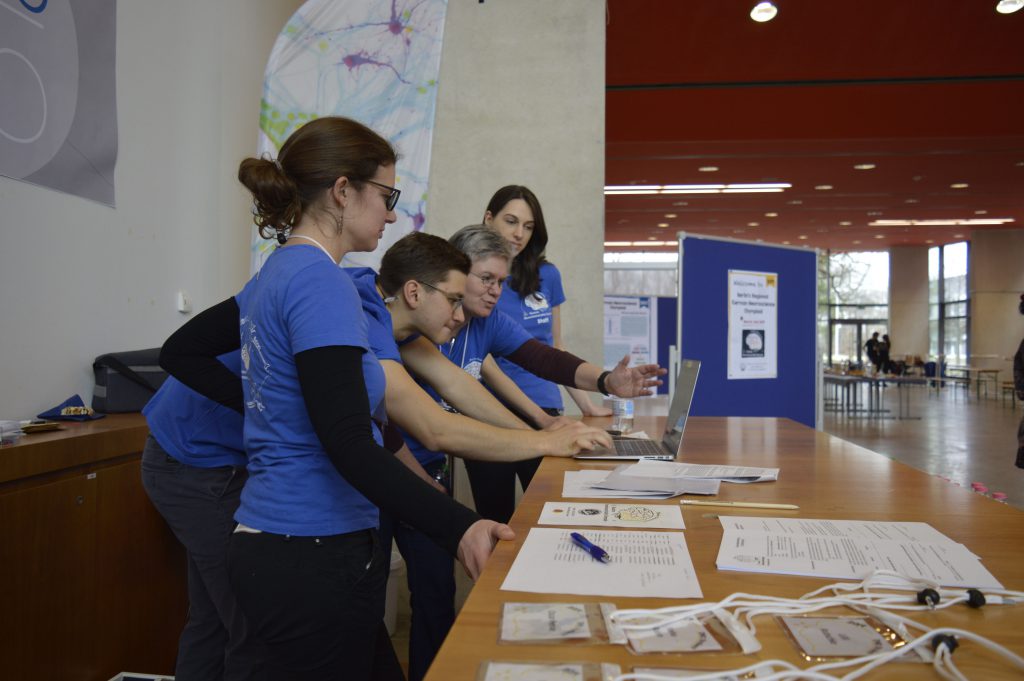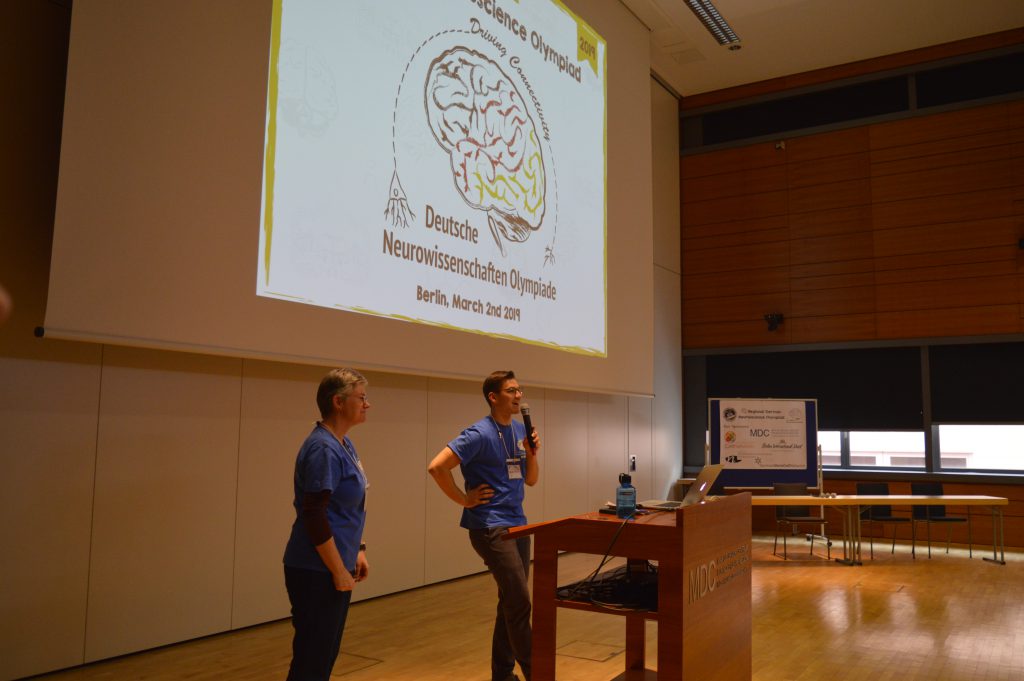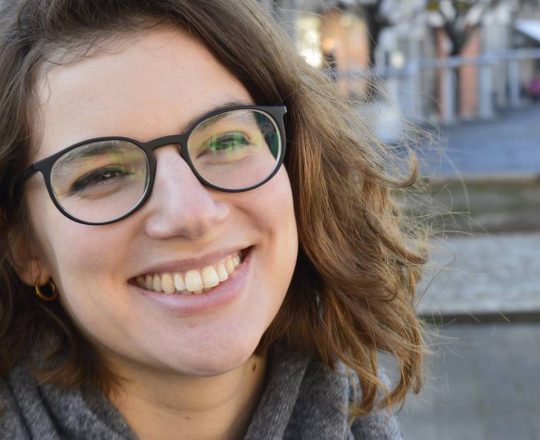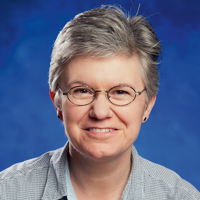Connect -Join- Participate
We want to meet you! Contact us today to learn more about how we support our local neuroscience community.
Team Leaders
Dr. Marta Orlando
Mandy Watson
General Information
outreach@mail.dno-ev.de
Team Members
Patrik Bey
Alexandra Fortosi
Dr. Mostafa Nashaat
Anuja Negi
Dr. Gonzalo Rosso
Andrea Sannio
Friedrich Schwarz
Oliver Wangler
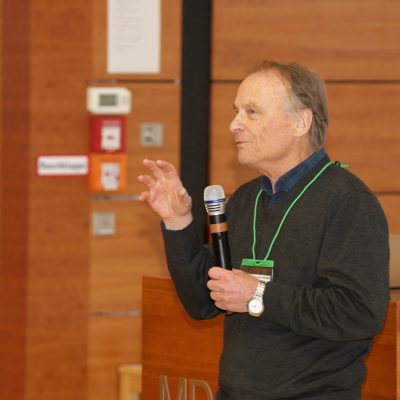
Berlin is at the forefront of one of the greatest challenges of this century: deciphering how the brain works. With its three Universities, the Max Delbrück Center, the Bernstein Center for Computational Neuroscience and the Center for Cognitive Neuroscience, Berlin is one of the major neuroscience hubs in the world.
Students have the chance to do master’s degrees in computational, medical as well as social, cognitive and affective neuroscience. While none of the Universities offers an undergraduate degree (bachelor) in neuroscience, all of the core subjects of this multidisciplinary field such as biology, physics, medicine, engineering or psychology can be studied. More so, even though every institute offers its own master’s or PhD program, the scientific community is united by the interdisciplinary approach that drives the neurosciences.
But more than just a great city for neuroscience, Berlin is a great city to live and study. With 175.000 students, an undeniably vibrant flair and a nightlife like no other, Berlin is Germany’s most popular student destination.
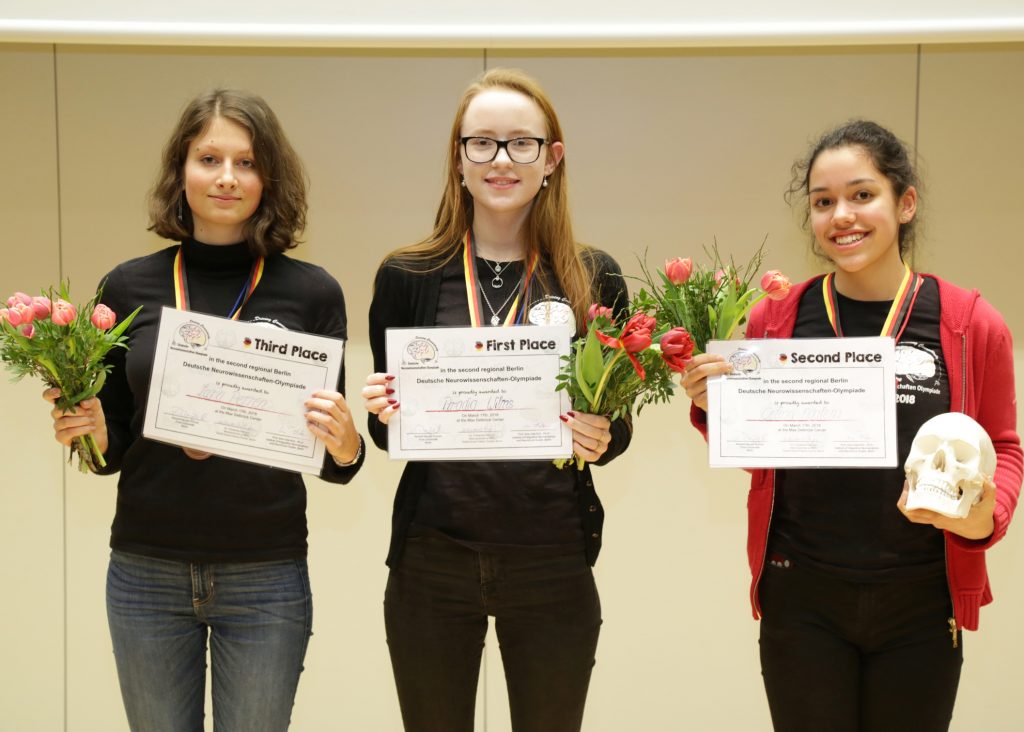
DNO-Berlin e.V. Regional Neuroscience Olympiad
Due to the current pandemic we digitalised our competition in 2020 and 2021.
Do you want to participate in our next Neuroscience Olympiad?
Click here to register for our event and click here for our study guide materials.
Max-Delbrück-Center
Robert-Roessle-Str. 10
D-13092 Berlin-Buch.
Travel Directions
By car: Follow Prenzlauer Promenade outward (which then becomes the A114) in the direction of Autobahn Prenzlau.
Take the “Bucher Straße” exit, then turn right at the traffic light onto Hobrechtsfelder Chaussee in the direction of Buch. Continue driving straight for about 4 – 5km,.
After passing the HELIOS Klinikum Berlin-Buch, turn right at the next traffic lights onto Wiltbergstraße. Drive straight for about 2km. Pass under the S-Bahn. After a further 500m Wiltbergstraße bends to the right and merges with Karower Chaussee. Continue along this road for another 500m.
Turn left onto Robert-Rössle-Straße, which will take you to Campus Berlin-Buch and MDC.
By bus from Berlin-Buch to the MDC: Take bus number 353, between “S Buch” and “Lindenberger Weg/Stadtgrenze” or “Campus Buch.”
Map of public transport connections from Berlin-Buch to the MDC (N.B. bus 351 is now the 353)
Local Sponsors and Partners
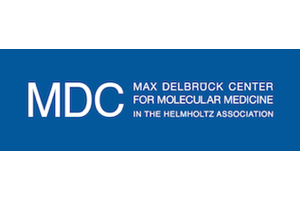
The Max Delbrück Center for Molecular Neuroscience is part of the Helmholz Association. The center combines basic research in molecular biology with clinical research, with a focus on multi-organ diseases such as heart failure.
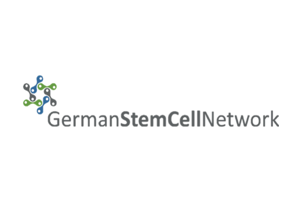
The German Stem Cell Network (GSCN) aims at creating synergies between all areas of basic and applied stem cell research and to provide an interface between science, education, politics and society as a whole.
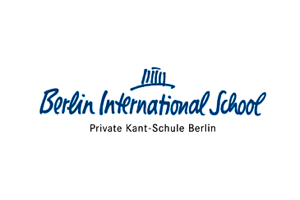
Berlin International School is a non-profit day school offering a comprehensive education program for students aged 6 to 18 in the greater Berlin and Brandenburg areas. Over 820 students from more than 60 countries attend the school’s campus in Dahlem.
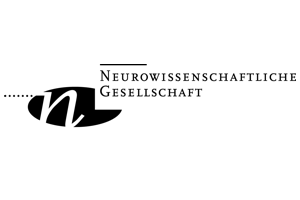
The German Neuroscience Society has the goal to support neuroscience in research and education and to represent this field of research within Germany and abroad. They organise workshops, methodological courses, conferences and collaborate with scientific journals.
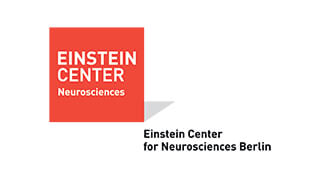
The Einstein Center for Neuroscinces Berlin (ECN) member institutions promote cutting-edge neuroscientific research across a wide range of different disciplines and approaches. With around 100 internationally recognized research groups, the ECN offers outstanding interdisciplinary training and research opportunities for national and international scientists, with research spanning from synapse to behavior, molecule to disease, and brain to mind.
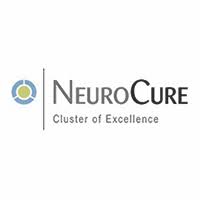
NeuroCure is a Cluster of Excellence in the neurosciences funded since 2007 by the German federal and state governments (Excellence Initiative), receiving further funding within the Excellence Strategy since 2019. The focus of the Cluster is on investigating neurological and psychiatric disorders. The aim of this interdisciplinary research network is to better understand disease mechanisms and to develop new therapies. Fostering local networks of scientists and their research activities lies at the heart of the Cluster’s efforts. In addition, NeuroCure has established a significant number of new research groups as well as several technological platforms.
